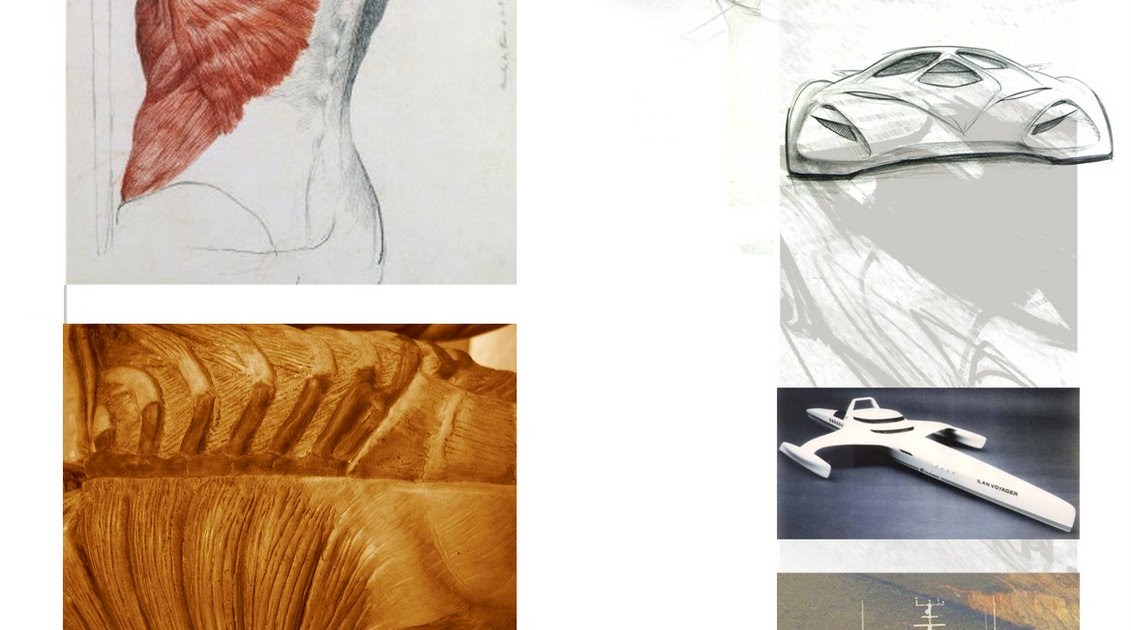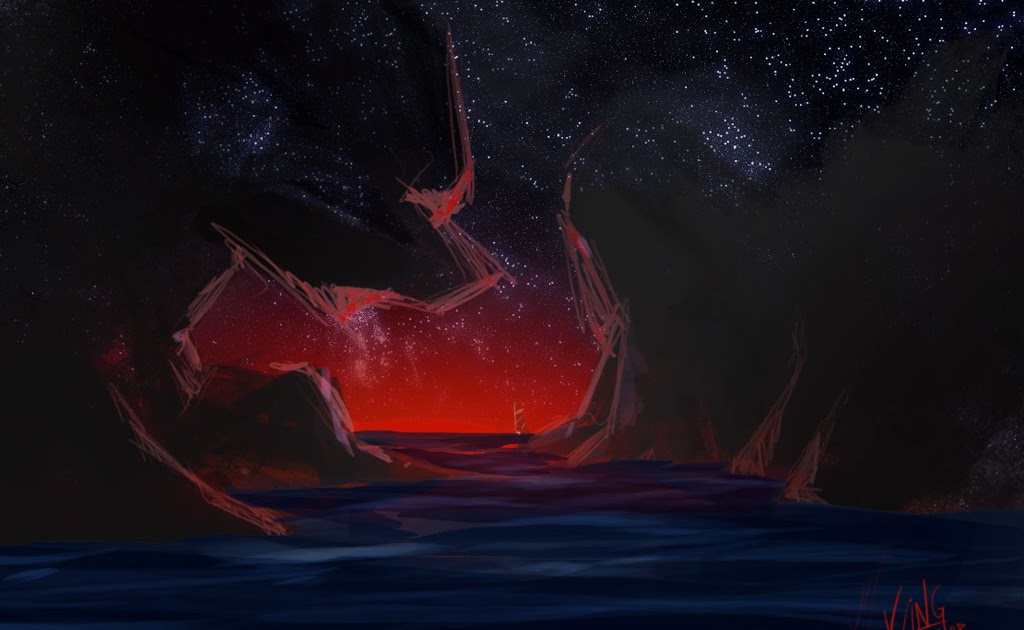
The group asked Scopes to admit to teaching the theory of evolution.


Scopes, a Dayton high school science and math teacher. We're game, aren't we?" The men then summoned 24-year-old John T. According to Robinson, Rappleyea said, "As it is, the law is not enforced.
#JOHN THOMAS WHITE PAGES CALIFORNIA TRIAL#
Hicks at Robinson's Drug Store, convincing them that the controversy of such a trial would give Dayton much needed publicity. On April 5, 1925, George Rappleyea, local manager for the Cumberland Coal and Iron Company, arranged a meeting with county superintendent of schools Walter White and local attorney Sue K. The American Civil Liberties Union (ACLU) offered to defend anyone accused of teaching the theory of evolution in defiance of the Butler Act. The two sides brought in the biggest legal names in the nation, William Jennings Bryan for the prosecution and Clarence Darrow for the defense, and the trial was followed on radio transmissions throughout the United States. Scopes, who had substituted for the regular biology teacher, was charged on May 5, 1925, with teaching evolution from a chapter in George William Hunter's textbook, Civic Biology: Presented in Problems (1914), which described the theory of evolution, race, and eugenics. In response, the American Civil Liberties Union financed a test case in which John Scopes, a Tennessee high school science teacher, agreed to be tried for violating the Act. William Jennings Bryan thanked Peay enthusiastically for the bill: "The Christian parents of the state owe you a debt of gratitude for saving their children from the poisonous influence of an unproven hypothesis." I'd read in the papers that boys and girls were coming home from school and telling their fathers and mothers that the Bible was all nonsense." Tennessee governor Austin Peay signed the law to gain support among rural legislators, but believed the law would neither be enforced nor interfere with education in Tennessee schools. Butler later stated, "I didn't know anything about evolution. He succeeded when the Butler Act was passed in Tennessee, on March 25, 1925. State Representative John Washington Butler, a Tennessee farmer and head of the World Christian Fundamentals Association, lobbied state legislatures to pass anti- evolution laws.

On the trial's seventh day, proceedings were moved outdoors because of excessive heat.


 0 kommentar(er)
0 kommentar(er)
